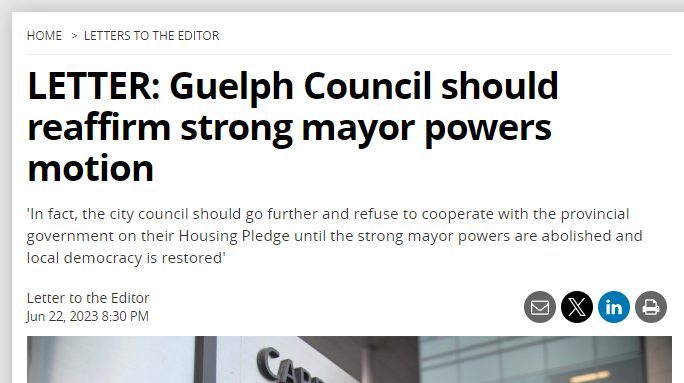A brief is a written submission that provides your opinions, comments and recommendations on a subject being studied by a parliamentary committee.
Any individual or organization may submit a brief to a committee, even if they are not given the opportunity to appear before the committee.
Committees of the House of Commons are working groups created by the House of Commons made up of a small number of selected Members of Parliament (MPs) or MPs and senators (joint committees) who study issues relating to the committee’s mandate or referred to them by the House of Commons in greater depth and report back to the House. They execute a large portion of parliamentary work.
More: All committees’ studies, activities and reports
How to submit a brief
All briefs must respect the criteria outlined in the Guide for Submitting Briefs House to Commons Committees in order to be accepted for consideration by the committee. Committees may also set specific requirements for the submission of briefs in relation to a study.
More: Guide for submitting briefs to House of Commons Committees – House of Commons ProceduralInfo
Questions? Contact the clerk of the committee.
What should a brief contain?
Each committee may set its requirements for the content and format of briefs, but generally:
- Briefs must contain factual information and support the views expressed and claims made in a clear and concise manner.
- Recommendations to the committee must be as specific as possible, especially suggested amendments to bills. They must also be summarized at the end of the brief.
- A brief should not exceed 10 pages in length, but please check with the clerk of the committee or on the committee’s website for possible specific requirements. A brief that is longer than 10 pages must be accompanied by a summary of no more than 500 words. A committee may decide to translate and distribute to committee members, or publish on the committee’s website, only that summary.
- The name of the author or organization must be clearly indicated on the cover page of the brief.
- Organizations must provide a general description of themselves at the end of the brief.
- All quoted or referenced materials must be clearly indicated either in footnotes or in a bibliography at the end of the brief.
- Photographs, logos, line drawings, graphics, tables and charts should be rendered in black and white only and provided in both official languages, if possible.
Example briefs
Recommendations for the Federal Budget
Written briefs can be submitted to the Standing Committee on Finance regarding the pre-budget consultations in advance of the 2025 budget should adhere to the following template and be submitted in this online form.
In 2024, 858 briefs were submitted, including from:
Wealthsimple
Century Initiative
News Media
Individuals
176 witnesses were registered, including representatives of:
- Individuals
- Christian Hébert
- Joany Boily
- Julie Bernier
- Marie-Hélène Gagnon
- Marie-Pier Gravel
- Michel Côté
- Paul Crête
- René Grenier
- Roseline Roussel
- Thomas Le Page-Gouin
- Calgary Chamber of Commerce
- Co-operative Housing Federation of British Columbia
- National Cattle Feeders’ Association
- Canadian Federation of Nurses Unions
- Canadian Bankers Association
- Butler Mortgage Inc.
- Wealthsimple Investment Inc.
- Questrade Financial Group
- Union des municipalités du Québec
- Cannabis Council of Canada
These briefs and witness presentations resulted in the report Shaping Our Economic Future: Canadian Priorities by the Standing Committee on Finance which made recommendations to the Government of Canada.
Briefs become part of the public record
Briefs submitted to committees become part of their public archives. They may be posted on the Committees’ website and become public documents.
Types of parliamentary committees
There are different types of committees: standing, legislative, special and joint. Most are standing committees.
- Standing Committees
- Legislative Committees
- Special Committees
- Standing Joint Committees
- Special Joint Committees
Standing committees are called “standing” because they are automatically renewed at the start of each parliamentary session. They are established by Standing Order 104 and continue in existence for the whole session unlike other types of committees. They are provided with permanent mandates by the Standing Orders.
Mandate of the Finance committee
For example, the mandate of the Standing Committee on Finance is to study and report on all matters relating to the mandate, management and operation of selected federal departments and agencies, including the Department of Finance and the Canada Revenue Agency, and to conduct pre-budget consultations.
Committees
All current and past committees and their contact information.
A few examples include:
- Health
- Finance
- Citizenship and Immigration
- Environmental and Sustainable Development
- Access to Information, Privacy and Ethics
For more information about any committee or study, please contact the clerk of the committee.



Comments
We want to hear from you! Share your opinions below and remember to keep it respectful. Please read our Community Guidelines before participating.